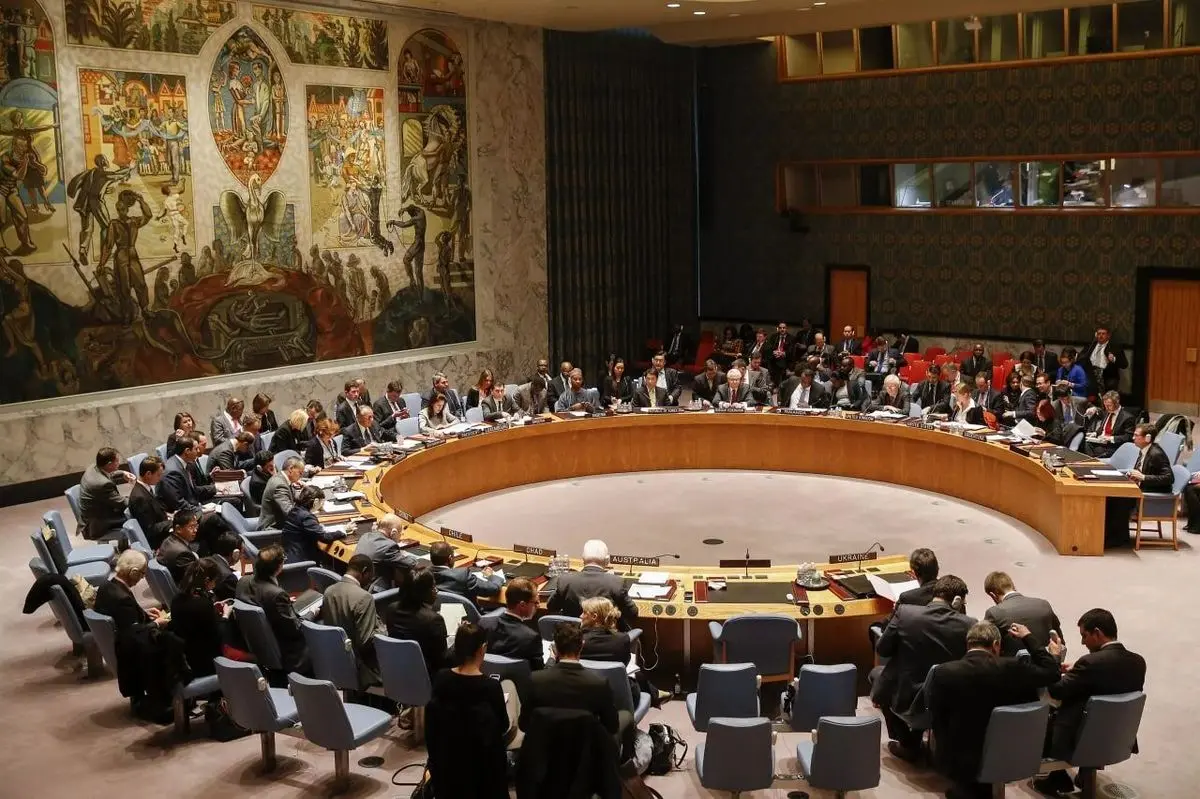SAEDNEWS: Nosratollah Tajik wrote: Regarding the scenario of a six-month delay in implementing the “snapback” mechanism, several points are worth noting.

Nosratollah Tajik wrote: Regarding the scenario of a six-month delay in implementing the “snapback” mechanism, several points are worth noting. It seems that such a delay alone will not be decisive, because if Iran intends to change its positions during this period, now is the time to do so. The same applies to Europe, which has not shown any signs of serious flexibility.
Tajik’s article for Etemad newspaper is titled “Divergent Positions and Returning to a Standstill?!” and states that relations between Iran and Europe in recent years have faced serious complexities and deep gaps in dialogue and face-to-face discourse. This situation is not limited to the nuclear issue; politically, almost all interactions have been reduced to the nuclear file, while broader dimensions of bilateral relations have been marginalized. Even during Trump’s first term, despite the U.S. withdrawal from the JCPOA, Iran and Europe maintained some level of engagement, though these relations remained fragile due to Europe’s inaction and failure to fulfill economic commitments.
Iran expected that even if the U.S. withdrew, European mechanisms would allow economic benefits from the JCPOA, especially in international trade. However, for various reasons, this did not happen, and Europe bears the main responsibility for this failure. Of course, Iran’s economic and trade structures have also been outdated due to sanctions and some internal problems, but the primary reason for the unfulfilled economic benefits of the JCPOA lies with Europe.
Beyond the economic dimension, unfortunately, there has been no shared discourse at the public level, and intermediary institutions that could have served as bridges in social areas, including culture, arts, and civilization, have gradually disappeared. Previously, active cultural institutes and research centers in the capitals of each side played a significant role in creating connections, whether through European Iranologists or Iranian Western studies experts. Now, these connections are almost severed, and even meetings, seminars, and intellectual gatherings that could have provided platforms for exchange and analysis of issues have been marginalized. Overall, we have neglected the role of intermediary institutions in foreign policy. Consequently, relations have been reduced to a rigid, purely diplomatic form, which has caused even online or phone consultations between the parties to quickly turn into challenges and tensions.
From another perspective, one reason for this state of affairs between Iran and Europe is that Europe is pursuing all its aspirations to return to the international stage and play an effective role in the contemporary world at Iran’s expense and through the nuclear issue.

